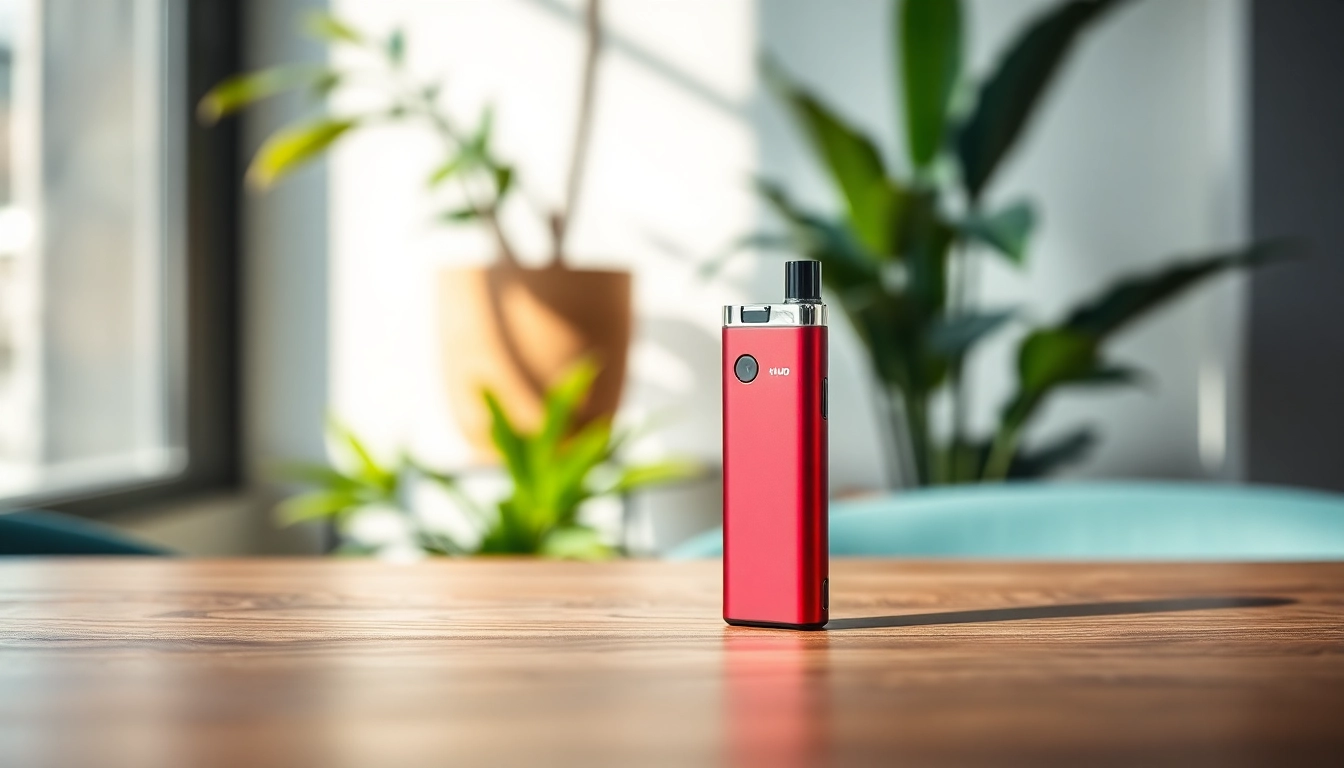Understanding Anxiety and Its Impact
Anxiety is one of the most common mental health disorders affecting individuals worldwide. In today’s fast-paced society, many people are struggling with anxiety-related issues. Understanding the nuances of anxiety, its symptoms, and how it impacts daily life is essential for seeking effective treatment options. For those located in Dubai, there are specialized methods to help manage anxiety, enhancing overall well-being. Exploring options for anxiety treatment dubai can be a pivotal step toward recovery.
What is Anxiety?
Anxiety is typically defined as a feeling of unease, worry, or fear. While it is a natural response to stress, excessive anxiety can become debilitating. It can manifest in numerous ways, leading to various anxiety disorders. Psychological, physical, and emotional responses are typical when experiencing anxiety, indicating that it is not merely a mental condition but a holistic concern.
Common Symptoms of Anxiety
The symptoms of anxiety can vary from mild to severe and may include:
- Persistent worry or fear
- Restlessness or feeling on edge
- Fatigue
- Difficulties concentrating
- Physical symptoms such as increased heart rate, trembling, and sweating
- Changes in sleep patterns
- Digestive problems
Understanding these symptoms is critical for individuals or their loved ones to identify when professional help may be necessary.
How Anxiety Affects Daily Life
Anxiety can permeate various aspects of daily life, affecting personal relationships, work performance, and quality of life. An individual managing anxiety may find it challenging to engage in social interactions, maintain focus, or handle daily responsibilities. The avoidance behaviors that often accompany anxiety can lead to isolation, further worsening the symptoms and creating a vicious cycle.
Types of Anxiety Disorders
There are several types of anxiety disorders, each with distinct characteristics and treatment approaches. Understanding these can help individuals identify their experiences and seek appropriate help.
Generalized Anxiety Disorder
Generalized Anxiety Disorder (GAD) is characterized by excessive worry about various aspects of life, including health, finances, and relationships. This disorder can lead to chronic anxiety and affects the individual’s ability to function normally. Treatment often includes psychotherapy and medications.
Social Anxiety Disorder
Social Anxiety Disorder involves intense fear or anxiety in social situations where an individual fears being judged or embarrassed. This condition can severely limit one’s social interactions, leading to avoidance of situations such as public speaking or even attending social gatherings. Cognitive Behavioral Therapy (CBT) can be particularly effective for this type of anxiety.
Panic Disorder
Panic Disorder is marked by recurrent panic attacks—sudden waves of intense fear that trigger severe physical reactions when there is no real danger. It can lead to various avoidance behaviors and may significantly impact a person’s lifestyle. Treatment often involves a combination of therapy and medication aimed at reducing the frequency and severity of the attacks.
Effective Anxiety Treatment Dubai Options
Dubai offers a variety of anxiety treatment options that are tailored to meet the unique needs of individuals struggling with anxiety. Whether it involves therapy, medication, or holistic approaches, understanding available resources is critical.
Cognitive Behavioral Therapy (CBT)
CBT has emerged as one of the most effective forms of psychotherapy for anxiety disorders. It focuses on identifying and changing negative thought patterns and behaviors that contribute to anxiety. By empowering individuals to challenge irrational fears and develop coping mechanisms, CBT provides tools that can lead to long-lasting change.
Medication Management
In many cases, medications such as antidepressants or anti-anxiety medications can be prescribed to help manage symptoms. These can help alleviate feelings of anxiety, making it easier for individuals to engage in therapy and implement coping strategies. It is crucial to consult with a healthcare provider to assess the best medication suited to the individual’s specific needs.
Mindfulness and Relaxation Techniques
Mindfulness practices, including meditation, yoga, and deep-breathing exercises, can significantly reduce anxiety levels. These techniques encourage individuals to focus on the present moment, alleviating distress caused by excessive worrying about the future. Regular practice can enhance emotional regulation and mindfulness, contributing positively to overall mental wellness.
Choosing the Right Provider for Anxiety Treatment Dubai
Selecting an appropriate treatment provider is crucial for effective anxiety recovery. Optimal outcomes often hinge on the right match between patient and therapist or treatment program. Here are key considerations for ensuring a suitable choice.
Key Qualities of Effective Therapists
When seeking help for anxiety, it is essential to look for therapists who exhibit qualities such as:
- Empathy and understanding
- Experience with specific anxiety disorders
- A collaborative approach to therapy
- Knowledge of various treatment modalities
Choosing someone with whom the individual feels comfortable can significantly enhance the therapy experience.
How to Evaluate Treatment Programs
Evaluating treatment programs involves considering various factors:
- Reputation and reviews of the treatment program or center
- The qualifications and expertise of the practitioners
- Success rates or evidence of effective treatments
- The range of treatment options available
It’s vital to conduct thorough research and possibly get recommendations to ensure the chosen program aligns with the individual’s goals and needs.
Creating a Support Network
Having a supportive network during treatment can make a significant difference in the recovery process. Informing family members and close friends about what one is experiencing can foster an environment of understanding and encouragement. Support groups also play a vital role in connecting with others who share similar experiences, creating a sense of community and shared healing.
Long-Term Management of Anxiety
Once treatment for anxiety has commenced, it is essential to consider strategies for long-term management. Developing effective coping mechanisms and maintaining mental health after treatment can help prevent relapse and enhance quality of life.
Developing Coping Strategies
Implementing coping strategies is essential for managing anxiety post-treatment. These can include acknowledging triggers, practicing grounding techniques during stressful situations, and utilizing tools learned during therapy. Regularly engaging in activities that promote relaxation and well-being also contributes positively to long-term management of anxiety.
Maintaining Mental Health after Treatment
Ongoing mental health maintenance is crucial after initial anxiety treatment. This may involve continued therapy sessions, participation in supportive community groups, or engaging in regular exercise. Regular check-ins with healthcare providers can ensure that any rising symptoms are addressed promptly, allowing for more effective management.
Resources for Ongoing Support
Many resources exist for ongoing support relating to anxiety. Online forums, books, and workshops can provide additional tools and information. Engaging with resources that emphasize mindfulness, stress management, and cognitive restructuring can further enhance one’s coping strategies. Additionally, many professionals offer workshops or seminars that can help reinforce learned skills and strategies.















Leave a Reply